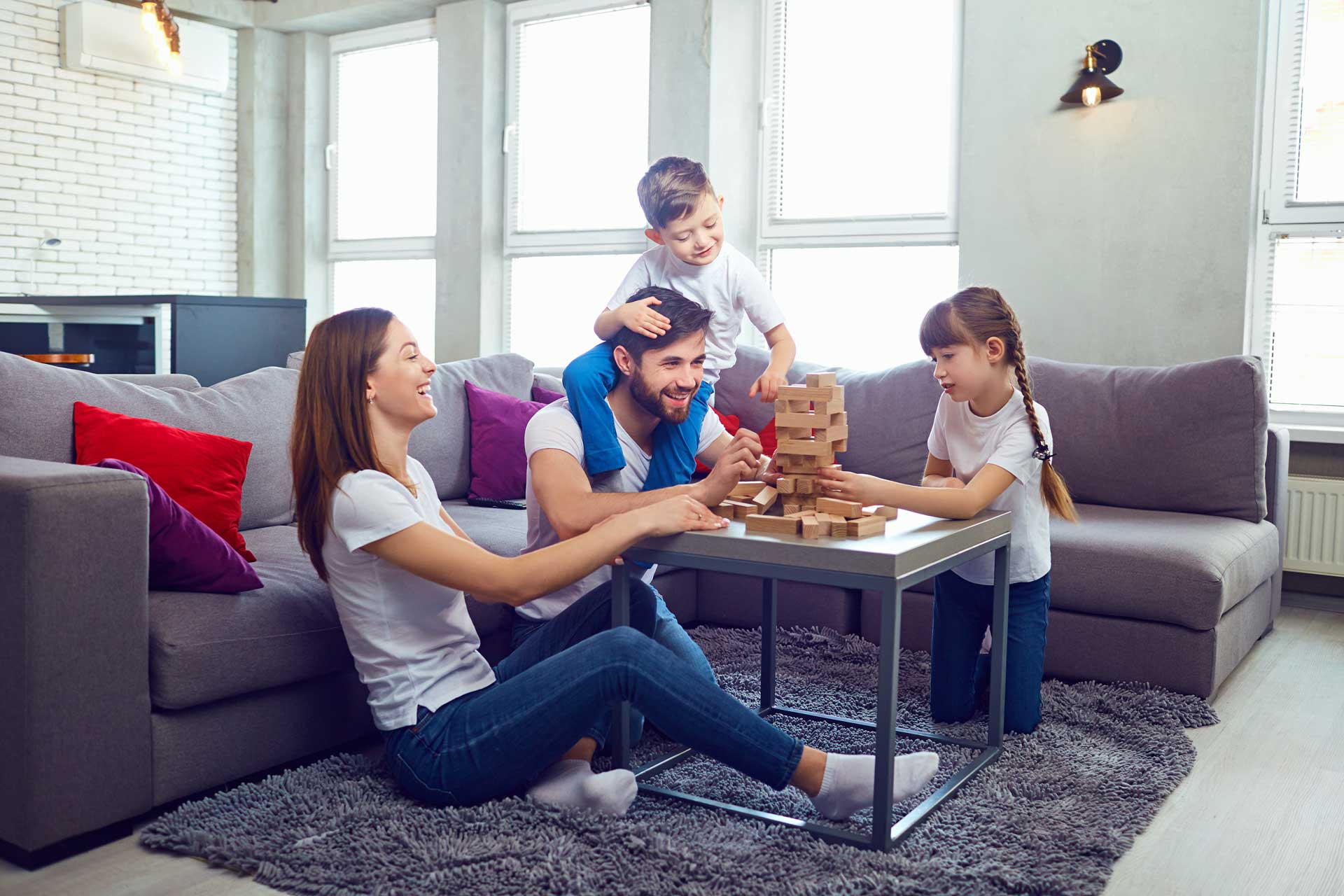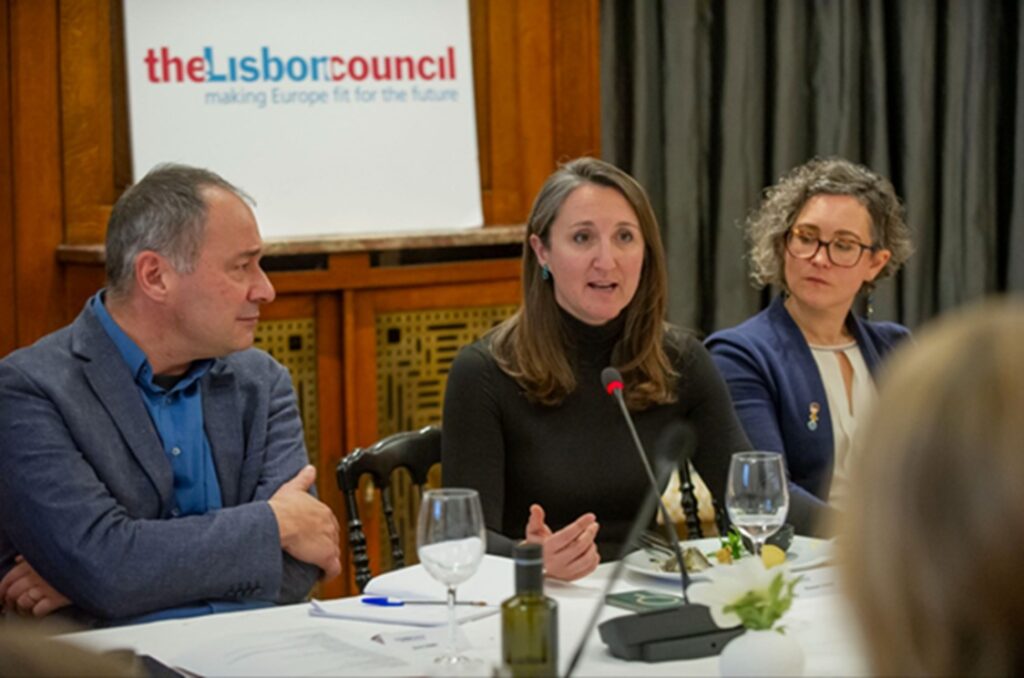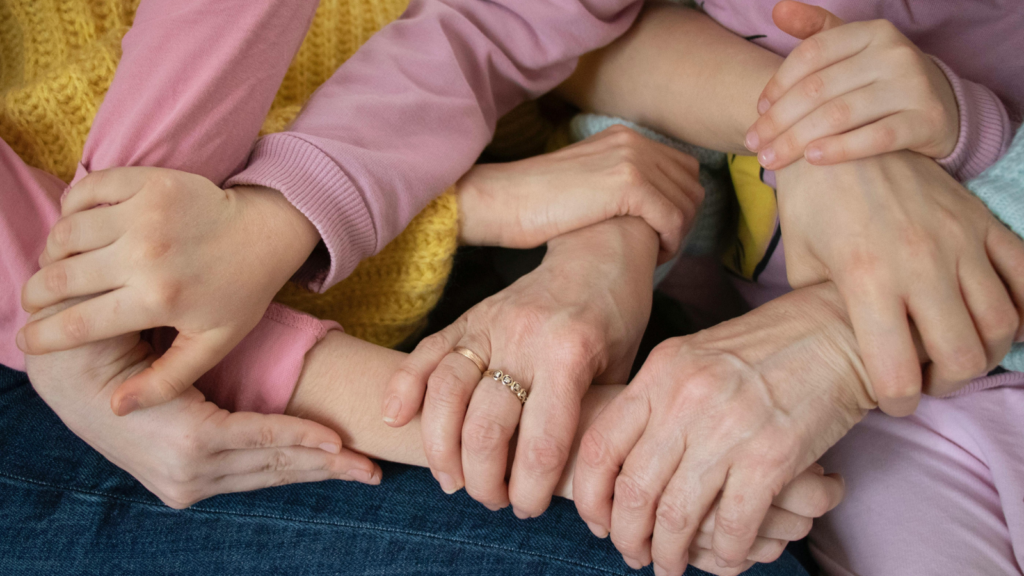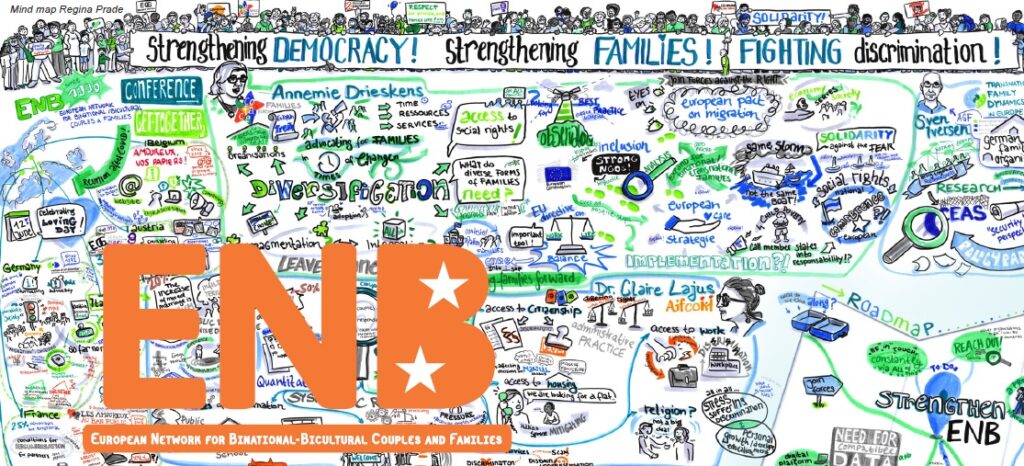I am an educational psychologist working in the social sector for more than 28 years, offering services to families and vulnerable groups.
It is the first time in my life that I am really struggling to find answers in order to cope with all these exceptional circumstances created by the COVID-19 pandemic. Never before, have I experienced a situation where human behaviour is so greatly affected that it results in feelings of anxiety isolation and uncertainty everywhere.
The human need for connection and contact, both with our family and loved ones, is inherent, vital for everyone, from the day we come into this world, till the moment we die. But an unexpected rapid diffusion of COVID-19 forces measures on us which are increasingly requiring people to stay away from others – be isolated temporarily, or quite often until the end of life. “Holding their hand at the last minute is something out of nothing”, some doctors say and cry.
In times when people‘s actual contact falls below their usual habits, feelings of loneliness became heightened. Because of this, people now need to adjust their communication behaviours as this is a prerequisite for good mental and psychological health.
Communication technologies, such as Skype or WhatsApp, are a great way to bring people together digitally. Not everyone in society however has the knowledge to use these services and undoubtedly those people are the ones that need greater help at the moment – adults and children alike.
In such an unprecedented and especially difficult situation, Ι think that it is very hard for adults to firstly adjust and identify how to react to this new reality and secondly how to help our children understand what is going on and be able to keep up positive spirits mentally and psychologically. It is very important to strengthen our mental resilience as adults and parents to be able to keep or to create our family cohesion and make the best use of our values and psychological resources in order to manage the situation.
Sadness overcame me when I read the other day that family violence has widely increased in the times of COVID-19, due to the obligatory isolation of all family members and the tensions created by this. In fact, in some counties the situation already is so tense, that the police had to intervene with a number of drastic measures.
Families are the pillars of society. They now face the challenge to discover new paths of communication. This global crisis will come to an end eventually but a hidden suspicion of a similar crisis will stay in people’s minds forever.
Driven by my desire to find some positive elements in this situation, I ponder over the best ways how to entertain our children and have a great family time. I invite everyone to a brainstorming which may be helpful for all of us.
As a starting point, parents need to try to listen to their children with empathy and communicate with them with honesty and respect. Being a parent does not necessarily mean “use of authority” in what we say and do, nor should it burden us with this meaning. Mistakes cannot be avoided in a parental relationship. However, their correction is mainly the responsibility and obligation of the parent. The child will follow the example, will open up and will feel free to participate in a mature relationship where everyone has learned to ask and offer in a mutual way (Thomas Gordon, 1970).
Talk to your children without overestimating or underestimating the circumstances. According to the age of the child try to explain what COVID-19 is and the effort that scientists make in order to find the right medicines to save all those who are in danger. Give them hope, because they are children and have the right to build up their character without despair and fear. Don’t tell lies to them. Share their emotions and feelings, because life itself includes pleasure and pain and if we try to distract the pain with something pleasant all the time, then we run the risk not to learn to accept and overcome it. “We cannot ‘fluctuate the volume’ of emotions as we do in music. They only have one switch. That of intensity. We cannot fade out sorrow and pain and fade in happiness and joy. When you lower one, you lower everything.” (Philippa Pery, 2019)
Before children are exposed to the culture of enjoying material goods, they are well aware of what satisfies them and relieves them most; and that is the connection and contact with the people who raise them and “truly understand” them. This feeling helps children to find meaning and logic in their environment and the feeling that they belong somewhere.
So, see the current situation as an opportunity and don’t let it be wasted. We all have to spend many hours and days at home with our children, perhaps for a long time. Take advantage of this opportunity and share with them a lot of interesting activities:
Read books/fairy tales, do handicrafts and other constructions, dress up and play fantastic roles with them, play the hidden treasure hunt, get a jigsaw puzzle with them, watch a movie and make popcorn and sandwiches together. Look at old family photos and videos with them, talk about the good features of grandparents and other relatives, speak to them about the habits of an older age, do some housework together. Exercise with them, make a phone call to the grandparents or arrange a skype meeting with them and ask how their day was and if they need anything from the market. Play a board game with the children and ask them to show you how they use to play an online game with friends. For younger children try patiently to help them organise the school duties and make a simple program of the day. It is a good opportunity to do this without pressure and tension. There are so many other things to invent of course. We were never given much time and opportunity to do such things before.
Don’t forget: Leave yourself free to relax, laugh and share moments with your children. Remember how you used to play when you were very young. It’s a wonderful opportunity to do so, even if there is a little mess all around and everything is not perfect. After all, what counts more, is the quality of communication we build with our children and other people who we value.
References:
– Philippa Pery: The Book You Wish Your Parents Had Read (And Your Children will be glad That You Did) 2019
– Thomas Gordon: Parent Effectiveness Training – PET- (1970)
________________________________________________________________________________________
**DISCLAIMER: All opinions in this article reflect the views of the author, not of COFACE Families Europe**
About the author:
Antonia Torrens holds an MSc and a PhD Degrees in Educational Psychology from The University of Sheffield UK. For more than 28 years she has been active in the social sector, working with families and vulnerable groups of population. She is the president of KMOP in Greece and vice president at COFACE Families Europe.





